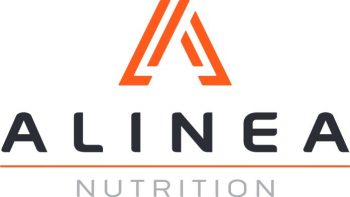*Geek Box: PROBE Trials
A prospective, randomised, open-label, blinded endpoint [PROBE] trial is an alternative to the traditional double-blind, placebo controlled trials which are the ‘gold standard’ in biomedical sciences. PROBE studies are designed to be cost effective alternative to placebo-controlled, double-blind RCTs. Randomisation in a PROBE trial is still conducted appropriately, but the aim of a PROBE trial is to conduct the study in similar conditions as regular clinical practice. Because the treatment of patients is conducted openly, it may be a way of achieving better compliance from patients with the intervention, which is important for dietary intervention studies. In a PROBE study, an endpoint committee is established to select endpoint and set guidelines for the evaluation of the data, for example, the analysis will be conducted by people blinded to the treatment groups. Such study designs are incredibly useful when the goal is not necessarily to compare an intervention to a placebo, but to compare two interventions in a side-by-side manner. This is important for nutrition, given that there is no true placebo for food. The prospective nature of the study allows for the effect of the interventions to be evaluated over time. PROBE designs are of real utility in nutrition science, given the interventions always involve behaviour change, require a degree of investigator input, and absent a placebo for food, are more informative where two specific diets are compared to each other.
